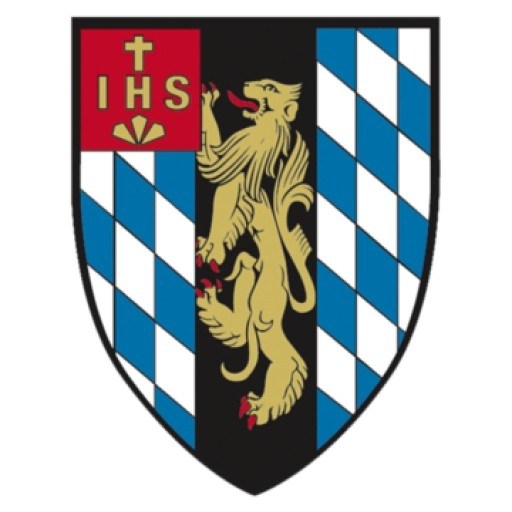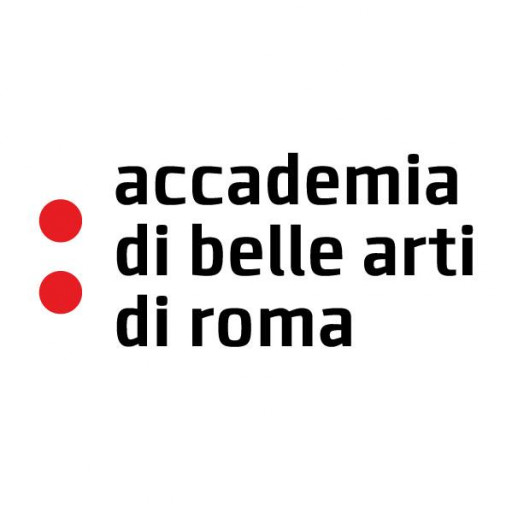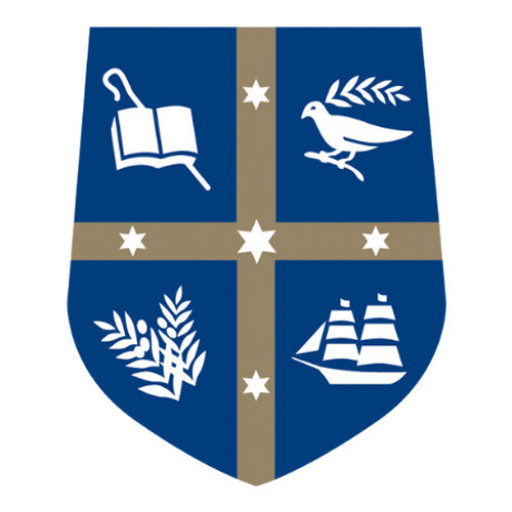The Master of Arts in Christianity and Interreligious Relations at Heythrop College offers students an in-depth exploration of the Christian faith in its various historical, theological, and cultural contexts, while also promoting critical engagement with other religious traditions and contemporary interfaith issues. This comprehensive programme is designed to prepare students for active dialogue and cooperation across religious boundaries, fostering mutual understanding, respect, and peaceful coexistence. The curriculum combines rigorous academic study with practical engagement, covering topics such as the theology of Christian Interfaith relations, the history of interreligious dialogue, comparative religion, ethics, and contemporary challenges faced by religious communities worldwide. Students will analyze key frameworks for interreligious engagement, including dialogue models, peacebuilding approaches, and interfaith initiatives, equipping them with the skills necessary to participate effectively in interreligious spaces. The programme emphasizes both theoretical understanding and practical application, encouraging students to critically evaluate religious doctrines and practices within a globalized context. Through lectures, seminars, and independent research, students will examine case studies from different regions and faith communities, fostering a nuanced appreciation of religious diversity and the complex dynamics of interreligious encounters. Graduates of this programme will be well-equipped to work in various fields such as diplomacy, education, religious organizations, community development, and international NGOs, contributing to fostering harmony and understanding among diverse religious groups. The programme also promotes reflective practice, ethical reasoning, and intercultural competence, essential qualities for those involved in building bridges between communities. With a distinguished faculty experienced in theology, religious studies, and intercultural dialogue, students will benefit from an academically rigorous environment that encourages critical thinking and intercultural sensitivity. Whether aiming for a career in academia, policy-making, or community engagement, students will gain the necessary knowledge, skills, and ethical perspective to address pressing interreligious issues in a global context. Overall, this programme is ideal for individuals committed to advancing interfaith understanding and promoting respectful dialogue among diverse religious traditions, contributing positively to social cohesion and peacebuilding efforts worldwide.
The Christianity and Interreligious Relations programme at Heythrop College offers students a comprehensive and in-depth exploration of the fundamental principles, historical developments, and contemporary issues related to Christianity and its relationship with other religions. Designed for those interested in understanding the diverse expressions of Christian faith across denominations and cultures, the course also emphasizes the importance of interfaith dialogue and the challenges and opportunities it presents in the modern world. Students will examine core theological concepts such as Christology, ecclesiology, and soteriology within the context of historical and contemporary Christian thought. The programme explores the development of Christian doctrines from the early church through the Reformation to contemporary theological debates, providing a solid foundation in biblical studies, church history, and systematic theology.
In addition, the programme places a significant emphasis on interreligious relations, fostering an understanding of different religious traditions including Islam, Hinduism, Buddhism, Judaism, and others. Students will analyze the theological and cultural differences and similarities among these traditions, learning how dialogue and mutual understanding can promote peace and social cohesion. The course encourages critical engagement with issues surrounding religious pluralism, secularism, and the role of faith in public life. Practical components such as participation in interfaith workshops, dialogue sessions, and community engagement activities enable students to apply their theoretical knowledge in real-world contexts.
The programme aims to develop students' analytical and research skills, preparing them for careers in academia, pastoral work, religious journalism, interfaith organizations, and public policy. Graduates will be equipped to contribute thoughtfully to conversations about religion and society, fostering mutual respect and understanding among diverse communities. With a combination of lecture-based learning, seminars, and independent research projects, students will engage deeply with both primary texts and contemporary scholarship. Overall, the programme provides a balanced and rigorous education in Christian theology, its history, and its dialogue with other religious traditions, empowering students to become informed and compassionate leaders in interfaith contexts.
The program in Christianity and Interreligious Relations at Heythrop College requires students to engage in a comprehensive curriculum that explores the historical, theological, and social aspects of Christianity and its interactions with other religious traditions. Students are expected to complete core modules that encompass the study of Christian doctrines, biblical studies, and the development of Christian thought through the ages. Additionally, the program emphasizes the importance of interfaith dialogue, encouraging students to examine the beliefs, practices, and cultural contexts of various religious communities worldwide.
Participants must undertake a research project or dissertation focusing on a specific area within Christianity or interreligious relations, demonstrating critical analysis, research skills, and an understanding of contemporary issues. The program also mandates participation in seminars, workshops, and discussions led by experts in theology, religious studies, and intercultural engagement, fostering both academic and practical skills necessary for work in interfaith contexts.
Assessment methods include written essays, presentations, group work, and exams, designed to evaluate students' grasp of theological concepts, their ability to communicate complex ideas effectively, and their capacity to engage critically with diverse religious perspectives. To qualify for the degree, students should also complete practical placements or internships in contexts where interreligious dialogue is promoted, gaining hands-on experience and a nuanced understanding of interfaith work.
The program strives to prepare graduates for careers in academia, religious organizations, non-governmental organizations, and intercultural dialogue initiatives by providing a solid foundation in Christian theology and the skills to navigate and promote understanding across different religious traditions. By the end of the program, students will have developed a nuanced understanding of the theological underpinnings of Christianity, as well as the challenges and opportunities inherent in interreligious interactions in contemporary society.
Financing for the Christianity and Interreligious Relations program at Heythrop College is primarily based on a combination of government funding, scholarships, bursaries, and personal financial contribution. Prospective students are encouraged to explore various funding options available through the UK's national student loan system, which offers financial support for tuition fees and living costs. Scholarships specific to theological and religious studies are often available for outstanding applicants and are awarded based on academic merit, personal statement, and interview performance. Bursaries may also be provided to students demonstrating financial need, helping to reduce the financial burden associated with higher education. The program's costs include tuition fees, which are in line with similar programs at other colleges within the University of London, as well as additional expenses such as textbooks, materials, and living expenses in London. Students may also consider external funding sources, including private foundations and religious organizations that support theological education. Payment plans are typically offered to facilitate manageable installment payments over the academic year. International students may have different funding options, including government sponsorships from their home countries or international scholarships. It is advisable for prospective students to consult the official Heythrop College website and contact the admissions office for detailed and up-to-date information on available financial aid, application procedures for scholarships, and deadlines. Overall, financing the program requires careful planning and exploring multiple sources of support to ensure successful completion of studies without undue financial hardship.
The Christianity and Interreligious Relations program at Heythrop College is designed to provide students with a comprehensive understanding of Christian theology, interfaith dialogues, and the relationship between Christianity and other world religions. The curriculum explores the historical development of Christianity, its doctrinal foundations, and its interactions with other religious traditions across different cultural and social contexts. Students examine key themes such as salvation, ethics, spirituality, and the role of religion in contemporary society, with particular attention to interreligious dialogue and cooperation. The program emphasizes critical thinking, intercultural sensitivity, and the ability to engage in meaningful conversations across religious boundaries. Through a combination of lectures, seminars, and independent research, students develop skills necessary for careers in religious leadership, diplomatic service, education, or further academic study. The program also addresses contemporary challenges faced by religious communities, including issues of pluralism, secularization, and religious conflicts. By fostering an inclusive understanding of faiths and their global impact, the program prepares graduates to contribute constructively to interfaith initiatives and religious engagement in diverse environments. It benefits from Heythrop College's expertise in theology and philosophy, offering a rigorous academic experience grounded in faith-based reflection and scholarly research. Graduates are equipped to interpret religious texts, analyze theological debates, and participate actively in efforts to promote religious tolerance and understanding.







